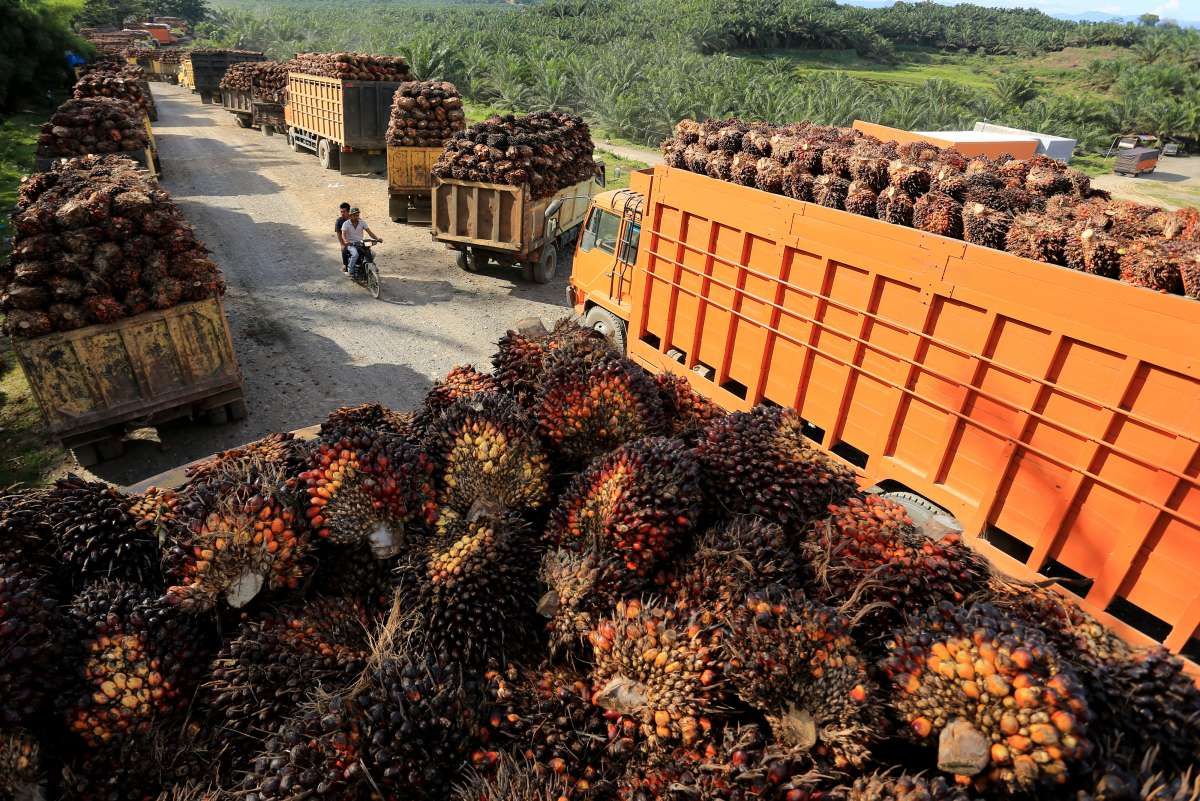Indonesia, the world's largest producer of palm oil, has announced an increase in its palm oil export levy to support its ambitious biodiesel program. This policy shift aims to reduce reliance on fossil fuels and promote renewable energy sources. The decision carries significant implications for the global palm oil market, domestic producers, and the country's biodiesel initiatives.
Overview of the Levy Increase
The Indonesian government plans to raise the palm oil export levy to between 4.5% and 10% of the crude palm oil (CPO) reference price, up from the current rate of 3% to 7.5%. This increase is intended to finance a mandated rise in the amount of palm oil used in biodiesel.
The new levy rates will be implemented three days after the regulation is issued, which is currently being processed by the law ministry.
Financing the Biodiesel Program
The increased levy is designed to fund Indonesia's biodiesel subsidy program. The Plantation Fund Agency expects to distribute 35.47 trillion rupiah ($2.15 billion) for the biodiesel subsidy this year.
Impact on the Global Palm Oil Market
Indonesia's decision to raise the export levy is expected to influence the global palm oil market in several ways:
- Price Adjustments: The higher levy may lead to increased CPO prices as exporters adjust to the additional costs. This could make Indonesian palm oil less competitive compared to other edible oils, potentially affecting global supply dynamics.
- Market Share Shifts: With higher export levies, buyers might turn to alternative suppliers, such as Malaysia, altering market shares within the industry.
- Biodiesel Demand: The increased use of palm oil for domestic biodiesel production could reduce the volume available for export, tightening global supply and potentially driving up prices.
Domestic Implications for Producers and Exporters
Domestically, the levy hike presents both challenges and opportunities:
- Producers: Palm oil producers may benefit from increased demand due to the expanded biodiesel program. However, they could also face higher operational costs associated with the levy.
- Exporters: Exporters might experience reduced profit margins as they absorb the additional levy costs or risk losing market share if they pass these costs onto buyers.
Future Outlook
Indonesia's commitment to enhancing its biodiesel program reflects a broader strategy to embrace renewable energy and achieve energy independence. The success of this initiative will depend on effective policy implementation, market responses, and the ability to balance domestic energy needs with international trade interests.
Read More






 Tuesday, 24-02-26
Tuesday, 24-02-26







